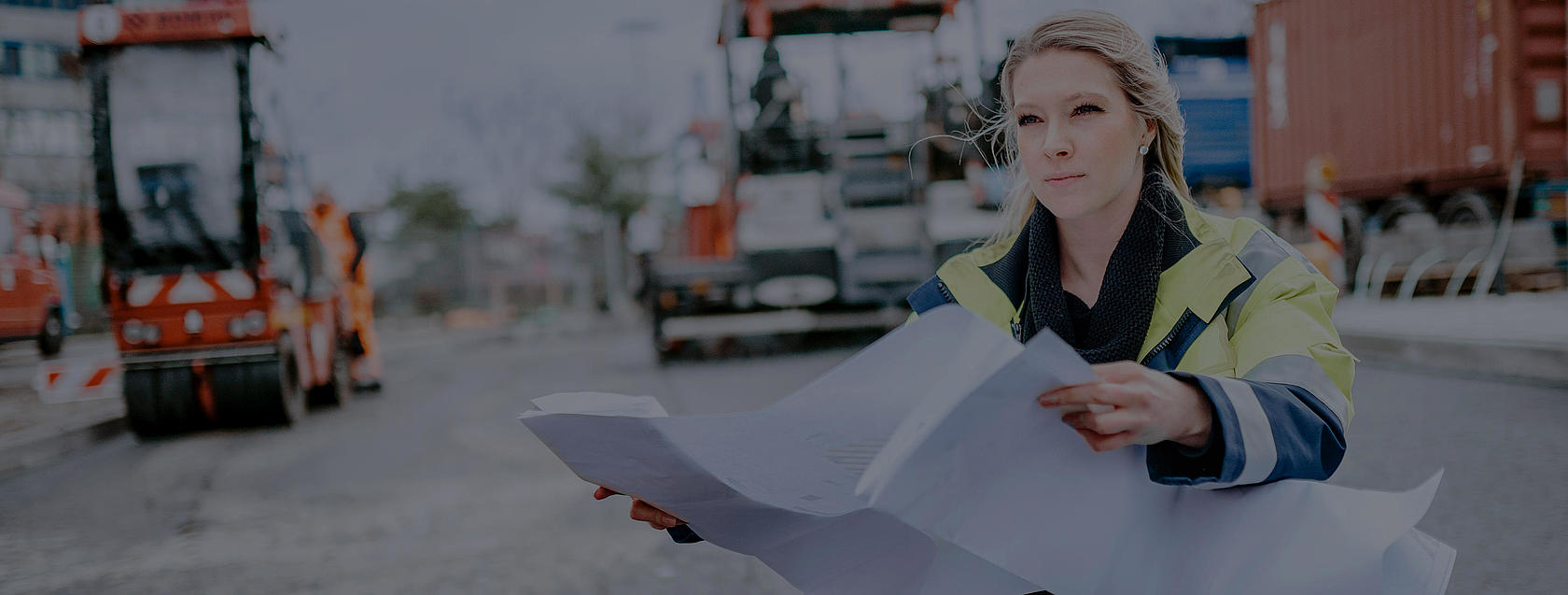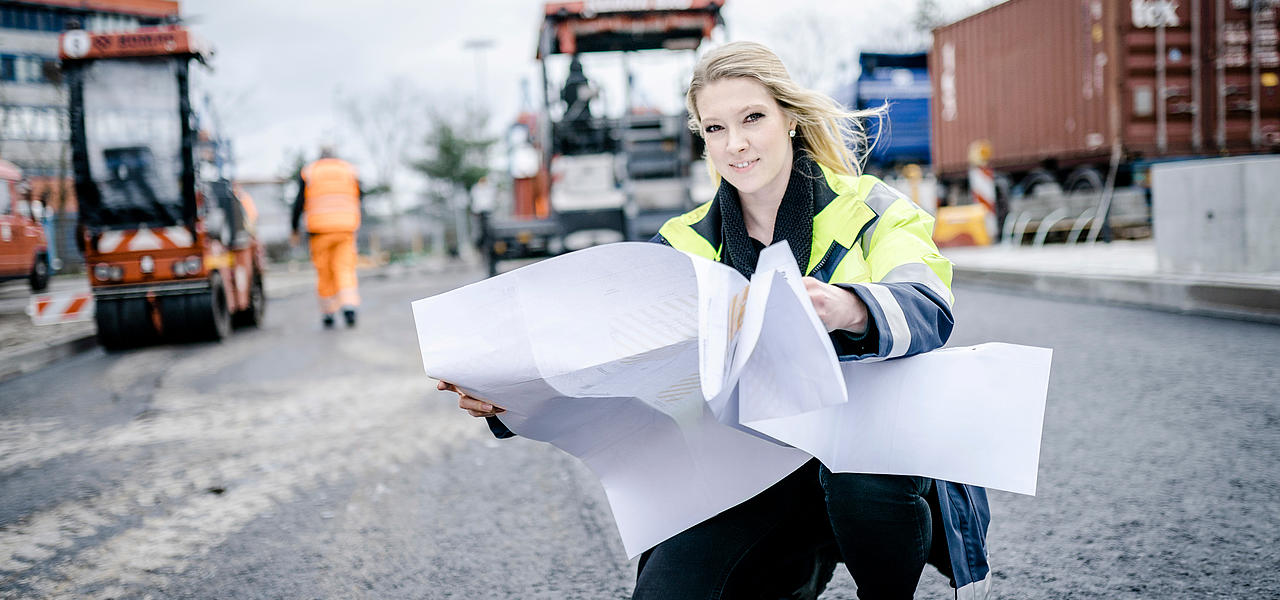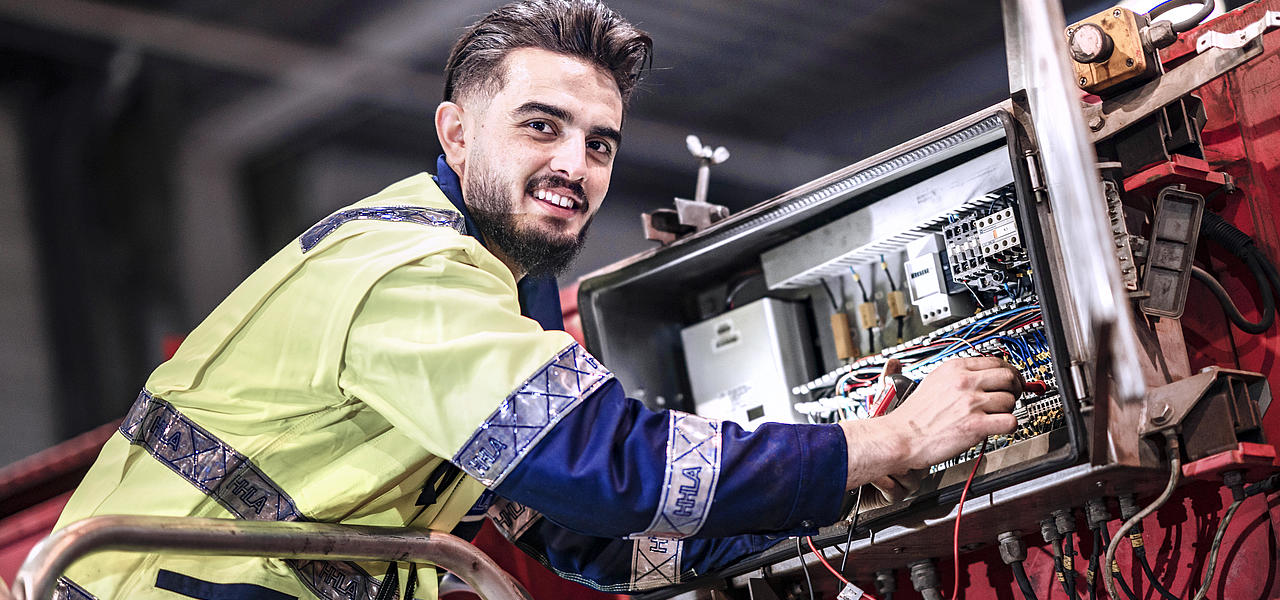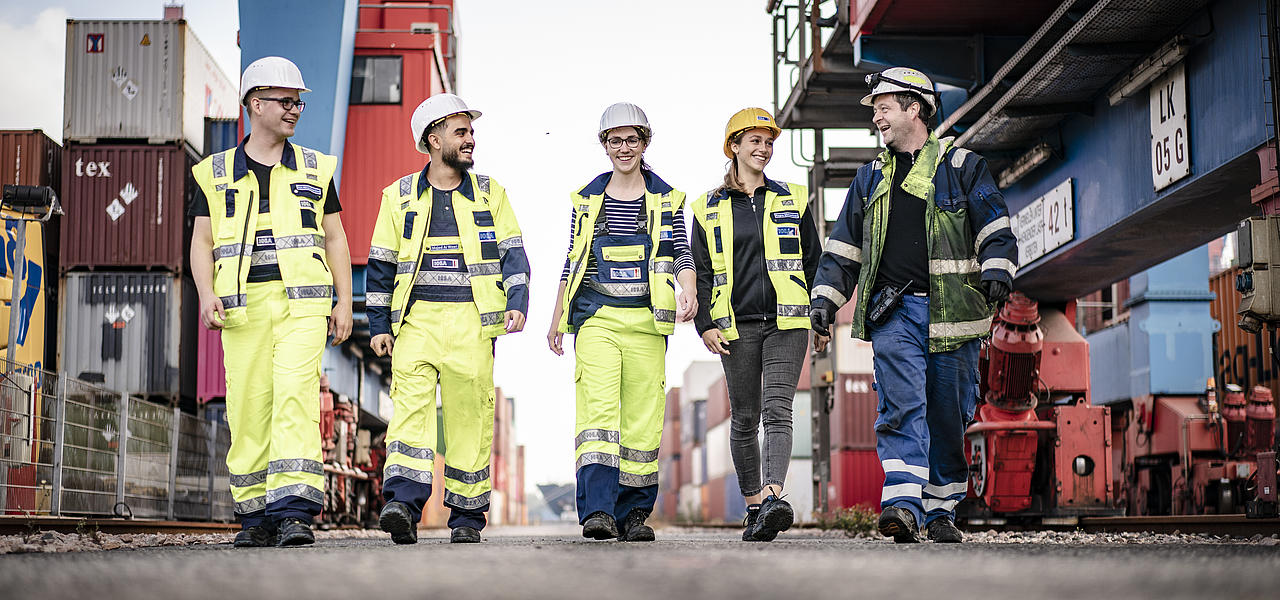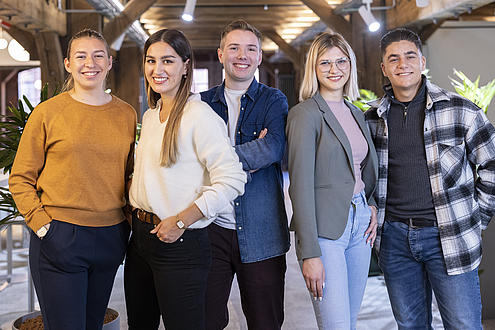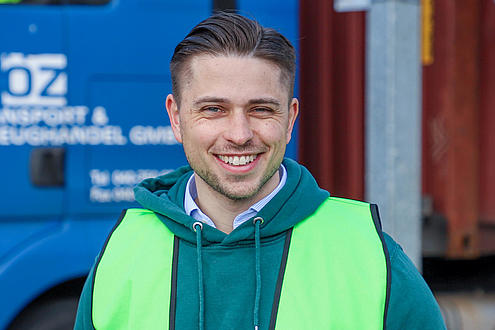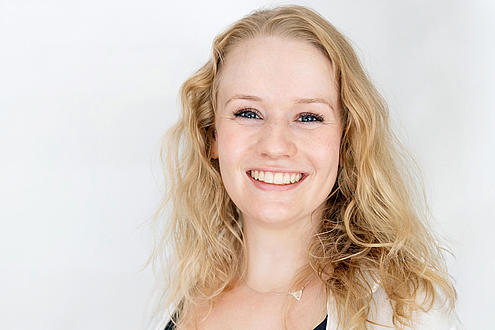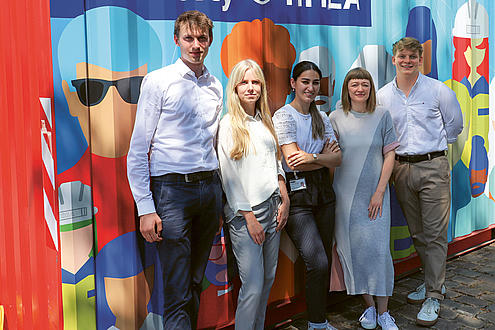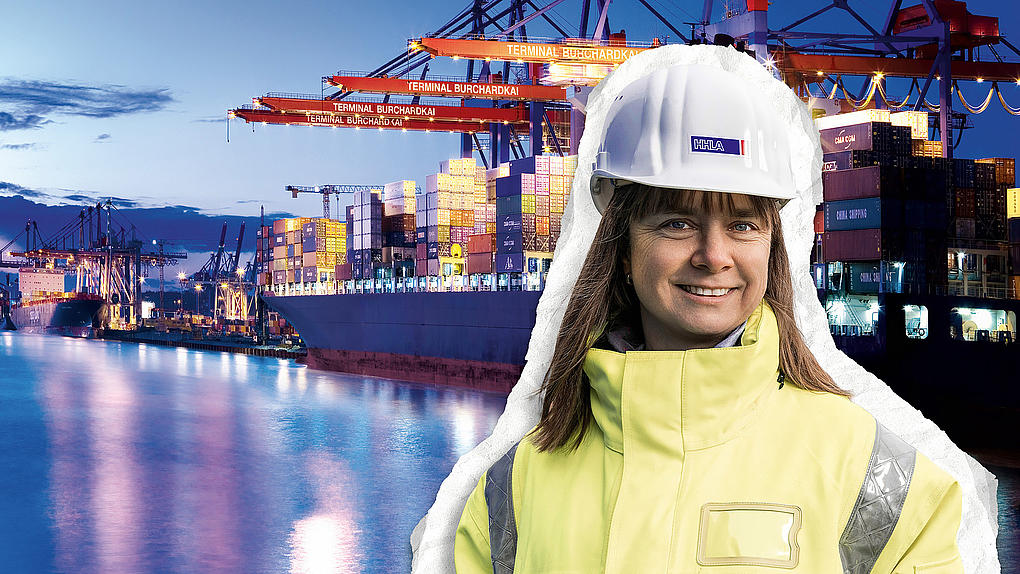
You connect what matters
At HHLA, we keep Europe moving – together. Every day, our dedicated teams ensure that goods, people, and ideas flow seamlessly. Join our strong network and connect what matters.
Learn more
Are you interested in our extensive benefits?
From professional development to work-life balance - more than just the job counts here.

The Power of Networks
We connect places, companies and people – shaping the logistics of tomorrow. To achieve this, we build on intelligent solutions and the power of our networks.
Learn more